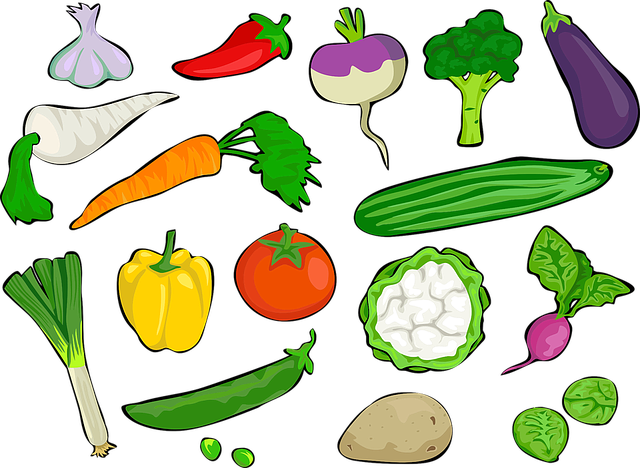Ways to Support Sustainable Farming
Sustainable farming is also known as eco-agriculture or agroecology. It’s a system that combines production practices that are more environmentally friendly with broader environmental aims.
These methods reduce negative impacts on natural resources, such as soil, water, air, and wildlife, while increasing the positive impacts of agricultural activities on these resources.
Sustainable Farming is Profitable

Profits are important when it comes to sustainable farming. And while the concept of an eco-friendly way of growing food sounds altruistic, it is also a profitable practice.
After all, you need to make a profit to stay in business, right? These practices also reduce the cost of farming by cutting back on the amount of pesticides and fertilizer needed. And that means less money spent on inputs, which in turn increases profit margins.
Grow Organic Food
Organic food is something you’ll see at many farmers’ markets these days. This is one way sustainable farming uses less synthetic chemicals, and it’s an important part of sustainable farming. Organic farming is a way to produce food sustainably by using methods that don’t rely on synthetic chemicals.
Organic farming is an ecological production management system that promotes ecological biodiversity, biological cycles, and soil health. It is an end-to-end system, starting with what and how a farmer decides to grow and harvest, to post-production practices like how the food is stored, transported, and sold.
Rotational Gardening
If you’ve ever looked at a sustainable farm, you’ve probably seen what’s known as a crop rotation. In a nutshell, this is a way to ensure that different types of crops are planted at different times on the same plot of land. There are several examples of how this method can benefit sustainable farming:
Nutrient Cycling: The most important thing to know about crop rotation is that it helps to keep the soil healthy by allowing it to replenish nutrients.
Weed Control: A lot of weeds grow in the same areas year after year. By moving the crops around, you can greatly reduce the amount of weeds in your garden.
Pest Control: Planting a specific type of crop, like corn, in the same place over and over again provides pests with a buffet of the same food they love. Moving the crops around keeps pests from getting too comfortable in any one place.

